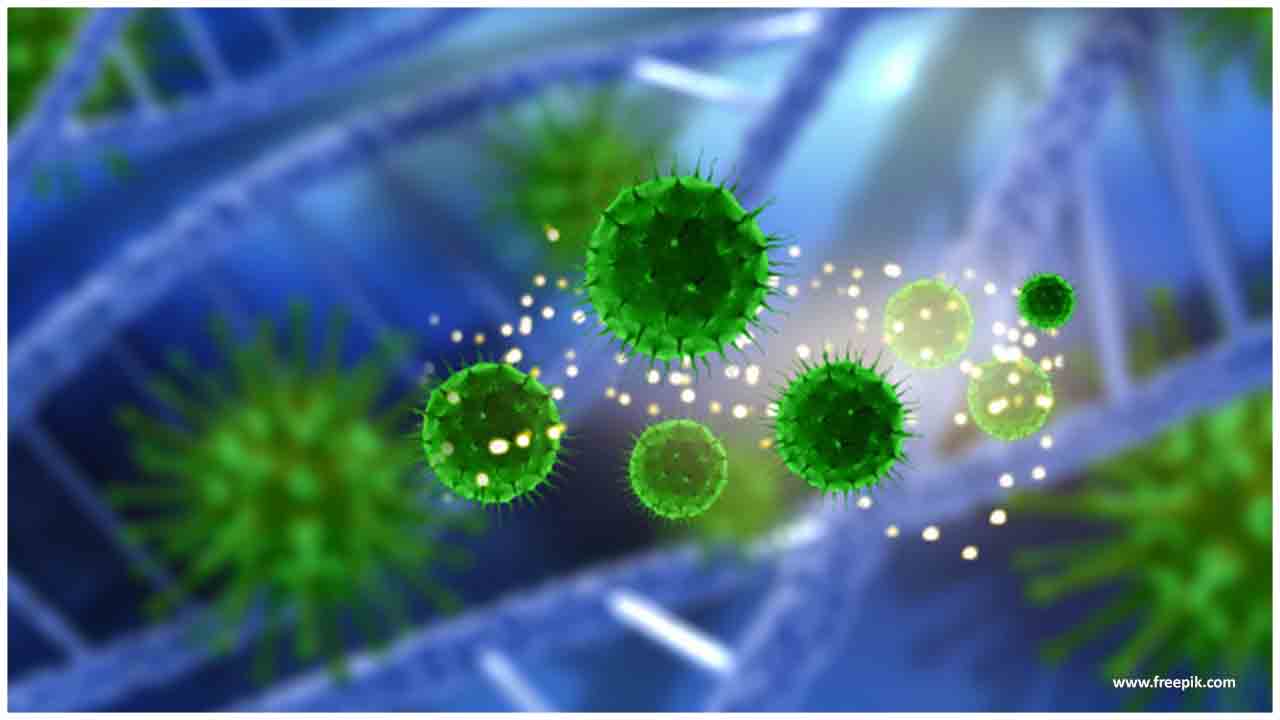In some "uplifting news" for researchers chipping away at a reasonable antibody for COVID-19, the most recent examination has discovered that the SARS-CoV-2 infection behind the malady shows little fluctuation, notwithstanding having at any rate six strains.
Distributed in the diary Frontiers in Microbiology, the "most broad" concentrate at any point completed on SARS-CoV-2 sequencing drew from the investigation of 48,635 coronavirus genomes, which were separated by specialists in labs everywhere throughout the world.
The analysts at the University of Bologna in Italy planned the spread and the transformations of the infection during its excursion to all landmasses.
The discoveries show that the novel coronavirus presents little fluctuation, around seven changes for each example.
Normal flu has a changeability rate that is more than twofold, the analysts said.
"The SARS-CoV-2 coronavirus is apparently as of now streamlined to influence people, and this clarifies its low developmental change," said Federico Giorgi, an analyst at the University of Bologna, and organizer of the examination.
"This implies the medicines we are creating, including an immunization, may be powerful against all the infection strains," Federico Giorgi said.
The specialists noticed that right now there are six strains of the novel coronavirus.
The first one is the L strain, which showed up in Wuhan in December 2019. Its first transformation - the S strain - showed up toward the start of 2020, while, since mid-January, we have had strains V and G, they said.
To date strain G is the most across the board: it transformed into strains GR and GH toward the finish of February, as indicated by the analysts.
"Strain G and its related strains GR and GH are by a long shot the most across the board, speaking to 74 percent of all quality groupings we dissected," said Federico Giorgi.
"They present four transformations, two of which can change the succession of the RNA polymerase and Spike proteins of the infection. This trademark most likely encourages the spread of the infection," he said.
Other than the six principle coronavirus strains, scientists recognized some rare transformations that, they stated, are not stressing right now however ought to be observed.

 Published in the journal Frontiers in Microbiology, the "most extensive" study ever carried out on SARS-CoV-2 sequencing drew from the analysis of 48,635 coronavirus genomes
Published in the journal Frontiers in Microbiology, the "most extensive" study ever carried out on SARS-CoV-2 sequencing drew from the analysis of 48,635 coronavirus genomes











.jpeg)

.jpeg)
.jpeg)

.jpeg)


.jpeg)



.jpeg)
.jpeg)
.jpeg)


.jpg)


.jpeg)
.jpeg)